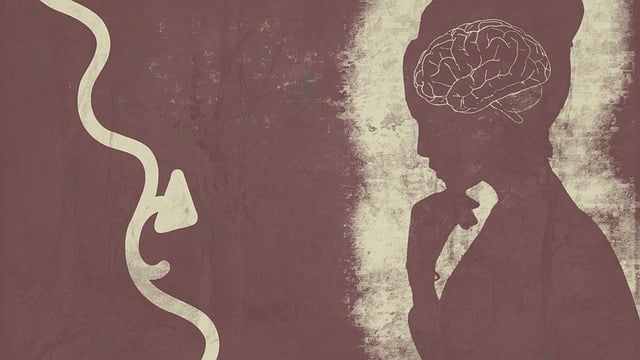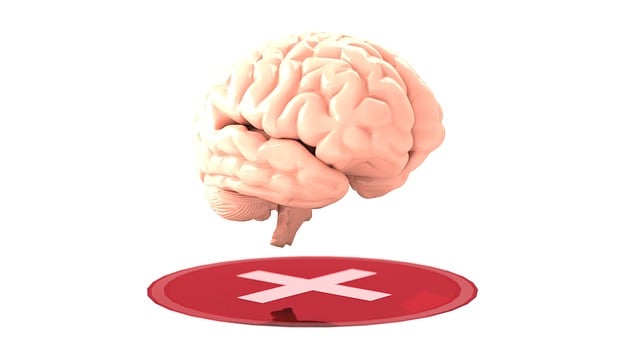The stigma surrounding mental illness significantly hinders access to support for first responders like police officers, firefighters, and paramedics. Broomfield First Responders Therapy (BFRT) offers specialized therapy sessions focusing on self-awareness, risk management, and social skills training to reduce this stigma, encourage early intervention, and enhance the well-being of these essential workers. Community engagement, including partnerships with BFRT, educational initiatives, and peer support groups, plays a crucial role in normalizing mental health conversations and reducing stigma through public awareness campaigns and measuring success using polls and data analysis.
Mental illness stigma remains a significant barrier to treatment, affecting millions globally. This article explores comprehensive strategies to reduce this societal burden, focusing on evidence-based practices that foster understanding and acceptance. We delve into the profound impact of stigma on mental health seekers and present innovative models like Broomfield First Responders Therapy, which offers a unique approach to destigmatization. Additionally, we discuss community engagement, education, and measurement techniques for evaluating successful stigma reduction efforts.
- Understanding Stigma and Its Impact on Mental Health Seekers
- Broomfield First Responders Therapy: A Model for Reducing Stigma
- Community Engagement and Education Strategies for Stigma Reduction
- Measuring Success: Evaluating the Effectiveness of Stigma Reduction Efforts
Understanding Stigma and Its Impact on Mental Health Seekers

Stigma surrounding mental illness can create significant barriers for individuals seeking support and treatment. It often leads to feelings of shame, isolation, and fear, deterring people from reaching out for help. This is particularly evident in communities where mental health discussions are scarce, contributing to misconceptions and fears that may prevent individuals from accessing essential services like Broomfield First Responders Therapy.
Understanding stigma involves recognizing its far-reaching effects on the emotional healing processes of those struggling with their mental wellness. It can hinder open conversations about mental health awareness, making it challenging for individuals to find appropriate support through journaling exercises or other therapeutic practices. Efforts to reduce stigma are crucial in fostering an environment where people feel comfortable discussing their experiences and seeking guidance without judgment, ultimately enhancing overall mental wellness.
Broomfield First Responders Therapy: A Model for Reducing Stigma

In an innovative approach to reducing mental illness stigma, Broomfield First Responders Therapy has emerged as a model program. This initiative focuses on providing specialized care for first responders—police officers, firefighters, and paramedics—who often bear witness to traumatic events, leading to elevated risk of mental health challenges. By offering tailored therapy sessions that incorporate self-awareness exercises, the program helps these essential workers develop coping mechanisms and build resilience.
The Broomfield model goes beyond traditional therapy by integrating risk management planning for mental health professionals, ensuring first responders receive ongoing support. Additionally, social skills training is incorporated to foster a sense of community and normalize conversations around mental health within their ranks. This holistic approach has shown promising results in reducing stigma, promoting early intervention, and improving overall well-being among first responders.
Community Engagement and Education Strategies for Stigma Reduction

Community engagement is a powerful tool in the fight against mental illness stigma. By involving local communities and organizations, such as Broomfield First Responders Therapy, we can create an environment that fosters understanding and empathy. These collaborations often include public awareness campaigns development and educational initiatives aimed at dispelng myths and misconceptions surrounding mental health issues. Engaging with community members through interactive workshops, webinars, or even peer support groups empowers individuals to recognize signs of distress and offer meaningful support to those in need.
Education plays a crucial role in stigma reduction, as it provides a platform for open conversations about mental wellness. Implementing crisis intervention guidance within schools, workplaces, and public spaces ensures that people have the necessary tools to handle situations effectively. Encouraging self-care practices and promoting open dialogue can help normalize conversations about mental health, ultimately leading to reduced stigma and improved access to support services.
Measuring Success: Evaluating the Effectiveness of Stigma Reduction Efforts

Measuring success is a crucial component of any stigma reduction initiative. When it comes to mental illness stigma reduction efforts, evaluating the effectiveness of strategies employed is essential for understanding what works and where improvements can be made. This process involves clear goals and measurable outcomes, allowing advocates to assess progress over time. One way to gauge success could be through public opinion polls gauging changes in attitudes towards individuals with mental health conditions.
For instance, the Broomfield First Responders Therapy program could integrate self-awareness exercises into its curriculum and subsequently measure participants’ perceived comfort and understanding of people facing mental illness. Additionally, developing and implementing public awareness campaigns can lead to quantifiable results, such as increased community engagement or improved knowledge about mental health resources available locally. By combining qualitative and quantitative data, advocates can tailor their efforts, ensuring that mental illness stigma reduction initiatives are not only reaching but also profoundly affecting target audiences.
Mental illness stigma reduction is a multifaceted endeavor, as evidenced by strategies like Broomfield First Responders Therapy. By combining community engagement, education, and innovative models of care, we can create a more inclusive environment for those seeking mental health support. Measuring the success of these efforts is crucial to understanding their impact and refining our approaches. Through continuous evaluation, we can ensure that stigma reduction initiatives effectively foster understanding, empathy, and accessibility in the journey towards better mental health outcomes.













